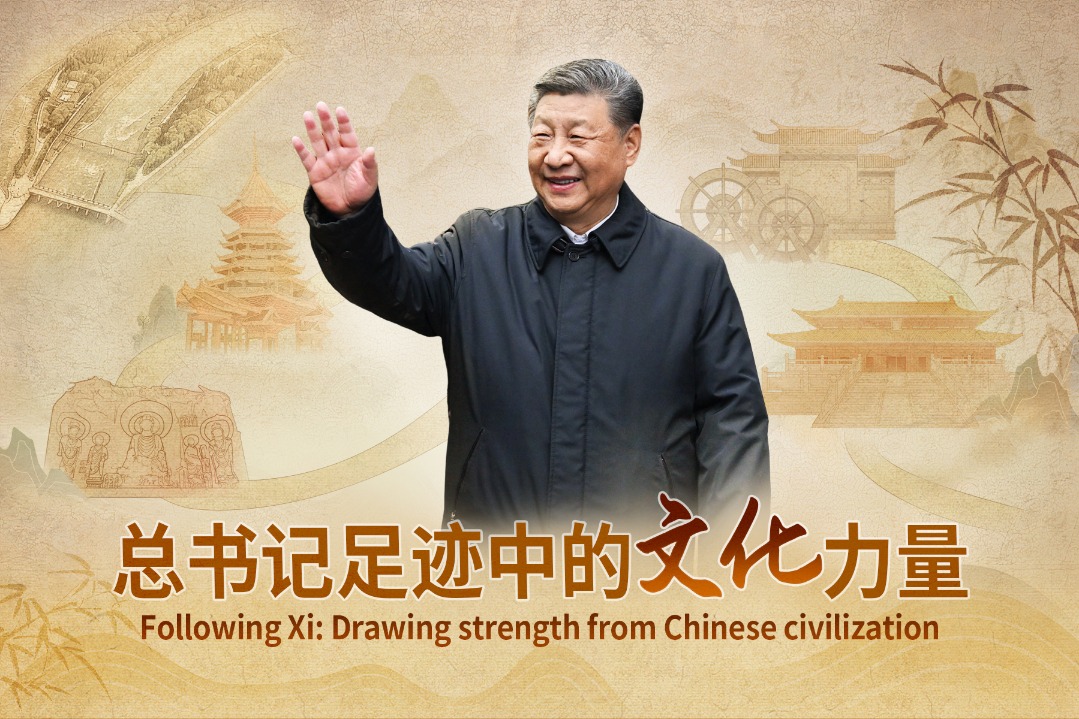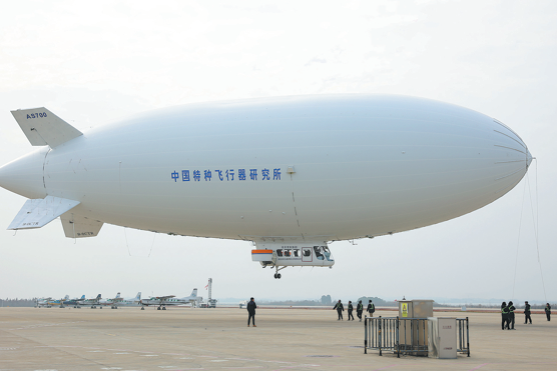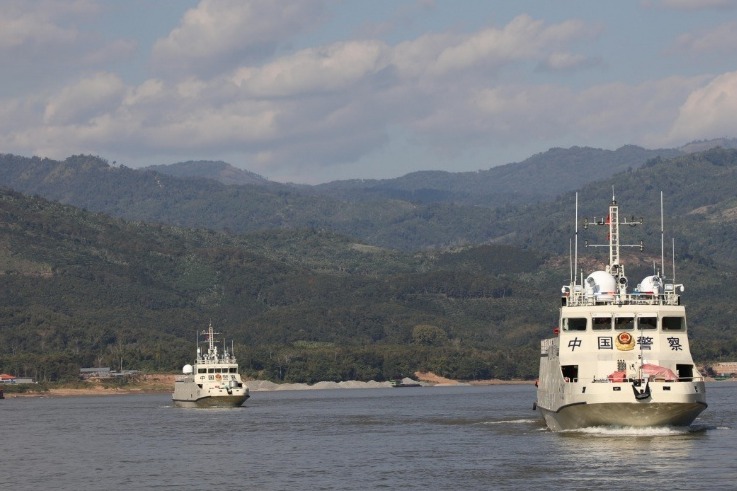Europe should pass IMF baton to Asia

Emerging economies must get prominence reflecting global contributions
|

|
At the Copenhagen Climate Change Conference in December 2009, the European Union said it had the right to maintain its standard of living even if that was unsustainable for the planet. The cure the EU suggested was that China, India, Brazil, South Africa and other emerging economies accept severe emission cuts even at the cost of retarding growth significantly.
In effect, that meant the standard of living of people in the emerging economies ought to be frozen or even lowered, so that European and other developed countries could continue on their environmentally debilitating trajectory.
Surprising elements that banked on disunity among Asian powers, China and India joined hands to block such an unfair outcome.
The developed world's was a "zero-sum" approach, in which it gained at the expense of countries that it had colonized.
Interestingly, we are seeing the return of "trusteeship", in which outside powers gain control of poorer countries - as is the case in Iraq and Afghanistan. Countries such as Libya that refuse to accept such hegemony find themselves under military attack.
Such zero-sum tactics are harmful to the entire world, and eventually to Europe, a continent whose people may justifiably take pride in their cultural and scientific achievements. The zero-sum mindset reflects excess of confidence, and in the case of the EU, this zeal has been the cause of the present financial crisis that the economic bloc finds itself in.
In 1990, West Germany incorporated East Germany on terms that reflected raw emotion rather than cold economic logic. The two countries' currencies were taken as equal, when in fact the value of East Germany's ostmark was far lower than West Germany's deutschmark.
After the unification, the western part of Germany financed a massive program of investment in the eastern part's infrastructure, hoping to shorten to a few years a process that should have been allowed to proceed at its natural speed and taken about two decades to complete.
The EU followed the example of West Germany when it granted membership to former Warsaw Pact countries - once again on terms that reflected hope rather than rationality. Huge sums have been spent on countries in the eastern part of the EU. These investments would have generated far greater returns were they directed at emerging powerhouses such as China and India. The consequence of such policies has been the present financial crisis that threatens to send Greece, Ireland, Portugal and Spain into default.
Indeed, a close examination of the public finances of Italy and even France show that they, too, are far less healthy than the international rating agencies make them out to be. The reality is that Europe as a whole is close to bankruptcy, and as a result, policymakers there are looking at surpluses in emerging markets to bail them out.
It is in the context of the EU's desperate search for outside funds to possibly bail member states out of self-created catastrophe that the managing directorship of the International Monetary Fund (IMF) becomes relevant.
The poor record of Europe in public finance makes it obvious that policymakers there ought not to be trusted with the world's funds, the way they have been for decades.
If the IMF's top post has to go to a European, he/she need to be warned against pouring the funds available with the IMF down the bottomless pit that is Greece or Portugal. The IMF has imposed very stiff conditions on countries in Africa, South America and Asia that it has lent money to. But in the case of Greece, little due diligence seems to have been carried out before massive loans were sanctioned to it.
Presumably, this is the result of the former IMF managing director giving all the importance to EU economic interests rather than the global good that he was mandated to ensure. The IMF needs to reflect this reality and ensure that emerging economies get the prominence in its decision-making that is proportionate to their contributions to the world economy.
The IMF should no longer function in a way that gives one continent such potent power over its functioning. The rest of the world needs to tell the EU that its members will have to swallow the same bitter pills that people in Asia and South America have been subjected to for so long, rather than be accommodated and mollycoddled while the rest of the world is denied of its rights.
The author is the vice-chair of Manipal Advanced Research Group, and UNESCO Peace Chair and professor of geopolitics at Manipal University, India.






























